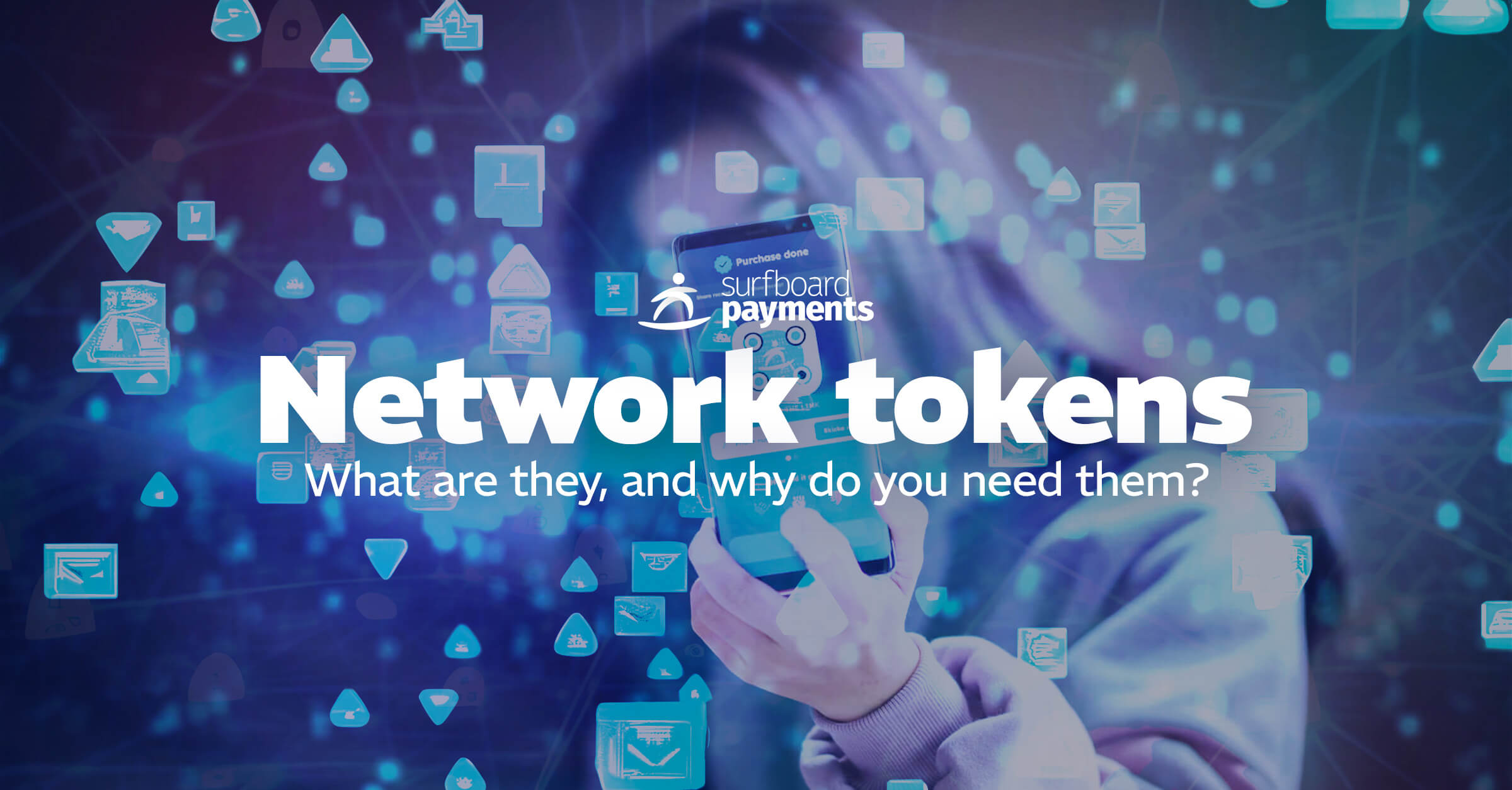
What are network tokens, and why do you need them?
The rise of online commerce brought forth the need for secure and convenient card payments. As early as the advent of online transactions, the challenge of processing card payments without the physical presence of the cardholder became apparent. This led to the development of tokens, digital identifiers that replace sensitive card data, such as the account number and expiry date.
The rise of online commerce brought forth the need for secure and convenient card payments. As early as the advent of online transactions, the challenge of processing card payments without the physical presence of the cardholder became apparent. This led to the development of tokens, digital identifiers that replace sensitive card data, such as the account number and expiry date.
Challenges of traditional methods
Initially, merchants often stored card data directly in their own databases, a practice that proved to be problematic. These databases were susceptible to hacks, exposing sensitive card information to the risk of theft and fraudulent use. Moreover, maintaining up-to-date databases was a costly and time-consuming endeavor, as card information constantly changed due to new cards being issued or existing cards expiring.
The rise of network tokens
To address these challenges, the major card networks introduced network tokens, a transformative innovation in the realm of online payments. Network tokens, unlike traditional methods, are generated and managed by the card networks themselves, ensuring enhanced security. These unique identifiers are distinct for each merchant-card pair, eliminating the need for merchants to store sensitive card data directly.
Benefits of network tokens
Network tokens offer a range of advantages over traditional methods, including:
- Enhanced security: Network tokens safeguard sensitive card data, shielding it from potential theft or compromise.
- Reduced compliance burdens: Merchants are relieved from the stringent compliance requirements associated with storing sensitive card data.
- Streamlined payment processing: Network tokens simplify recurring payment processing, enhancing efficiency and convenience.
Evolving benefits
As network tokens continue to evolve, they are poised to reshape the future of online payments. In addition to the security, compliance, and operational advantages mentioned above, network tokens also offer several other benefits for merchants, including:
- Improved customer experience: Network tokens facilitate seamless payment experiences, enabling customers to save card information for future transactions.
- Increased customer satisfaction: Merchants who embrace network tokens foster customer loyalty by providing a secure and convenient payment experience.
- Reduced customer churn: Network tokens streamline the subscription payment process, minimizing customer attrition.
Additional benefits
In addition to the benefits mentioned above, network tokens also offer a number of other advantages for both merchants and customers.
For merchants:
- Reduced fraud: Network tokens help to reduce fraud by making it more difficult for criminals to use stolen card data.
- Increased conversion rates: Network tokens can help to increase conversion rates by making it easier and more convenient for customers to complete purchases.
- Improved customer retention: Network tokens can help to improve customer retention by providing a more seamless and satisfying payment experience.
For customers:
- Increased convenience: Network tokens allow customers to save their card information for future purchases, which can save them time and effort.
- Enhanced security: Network tokens help to protect customer data from theft and fraud.
- Improved satisfaction: Customers who use network tokens are more likely to be satisfied with their payment experience.
The future of payments
Network tokens are a powerful tool that can benefit both merchants and customers. As network tokens continue to evolve and become more widely adopted, they are poised to play an even greater role in the future of online payments.
Merchants who embrace network tokens can expect to reap significant rewards in terms of security, compliance, operational efficiency, and customer satisfaction. Network tokens are the key to unlocking a secure, convenient, and frictionless future for online payments.
That’s why we at Surfboard Payments have focused on implementing this for our merchants and continuing to innovate in this area.